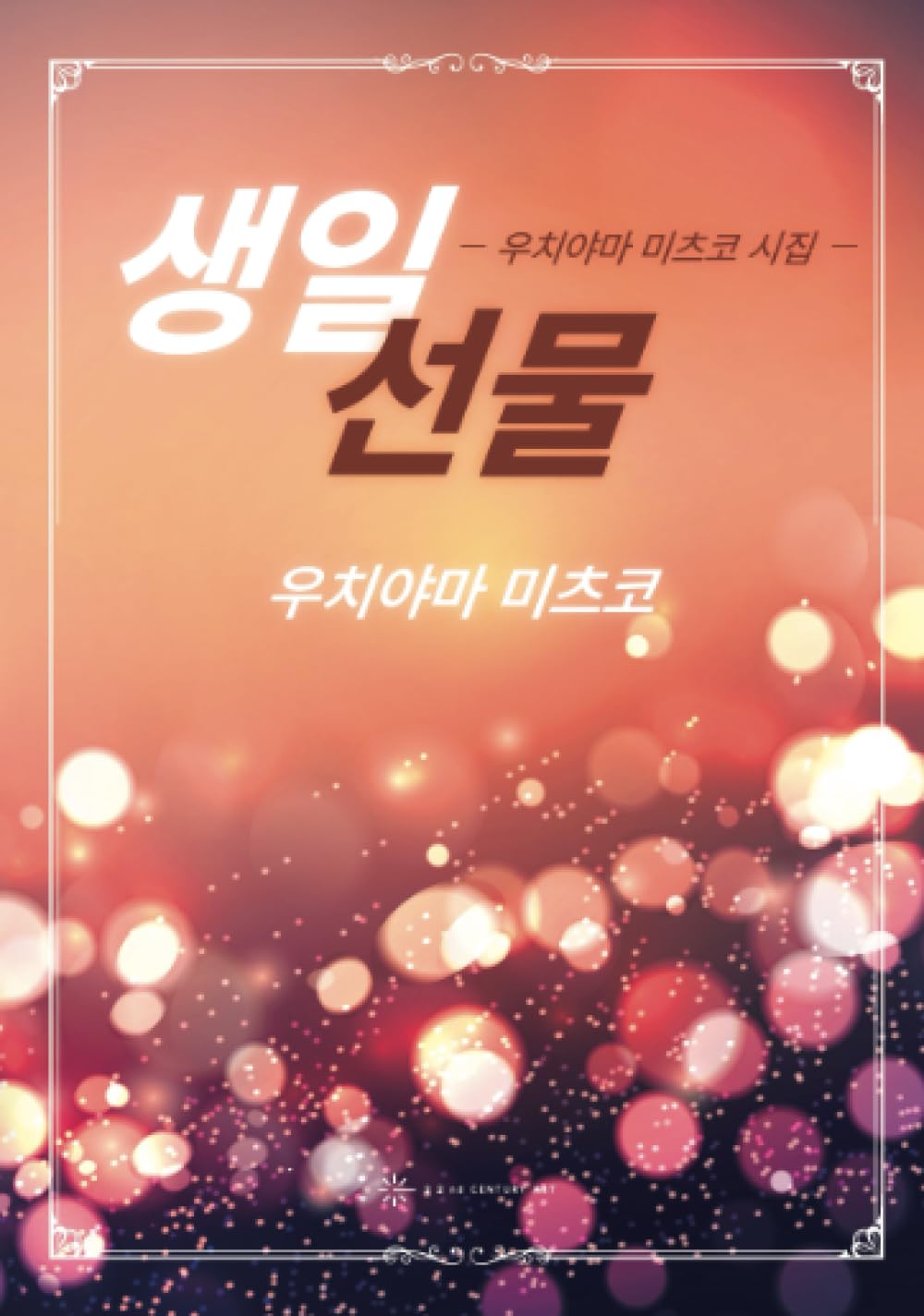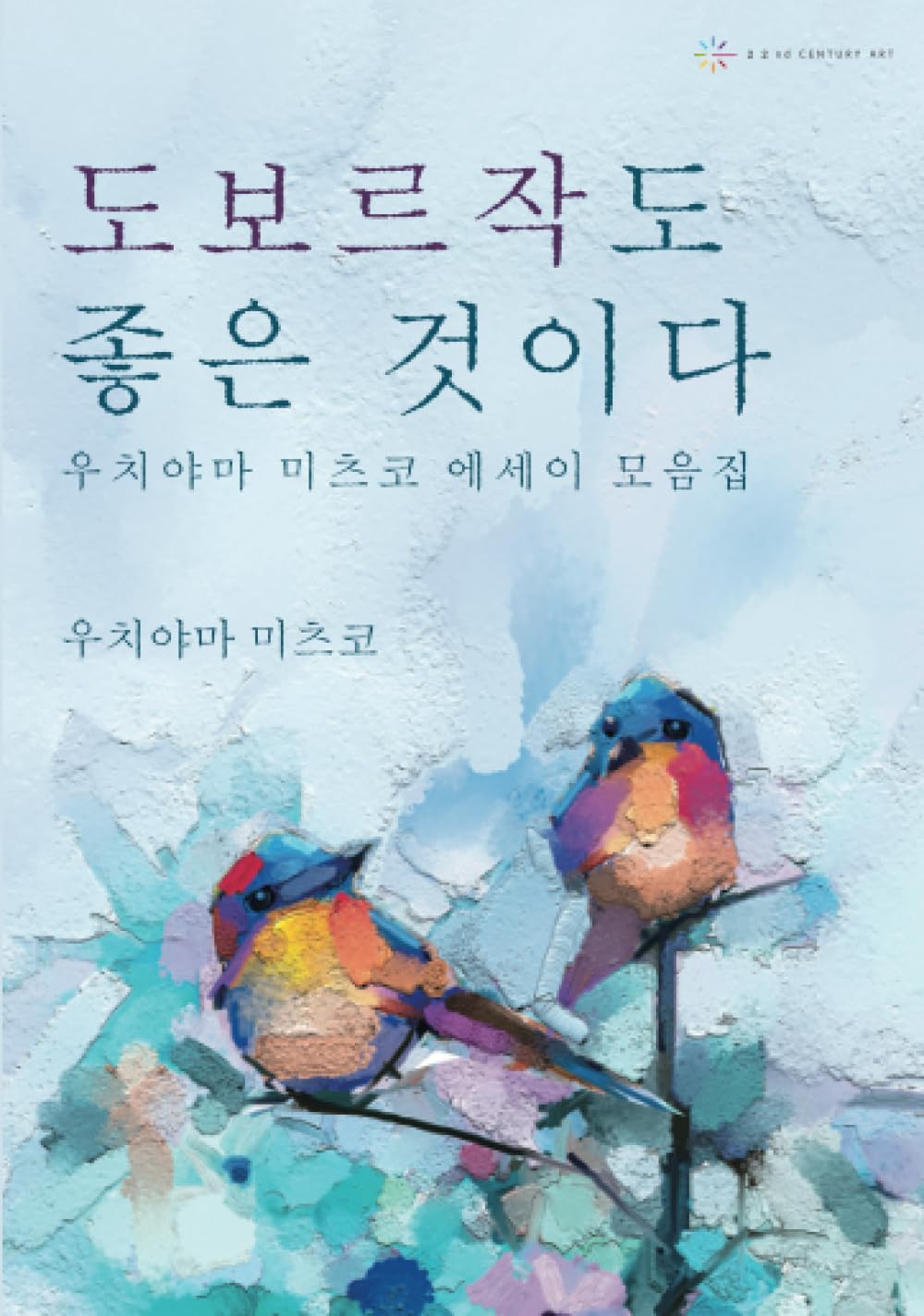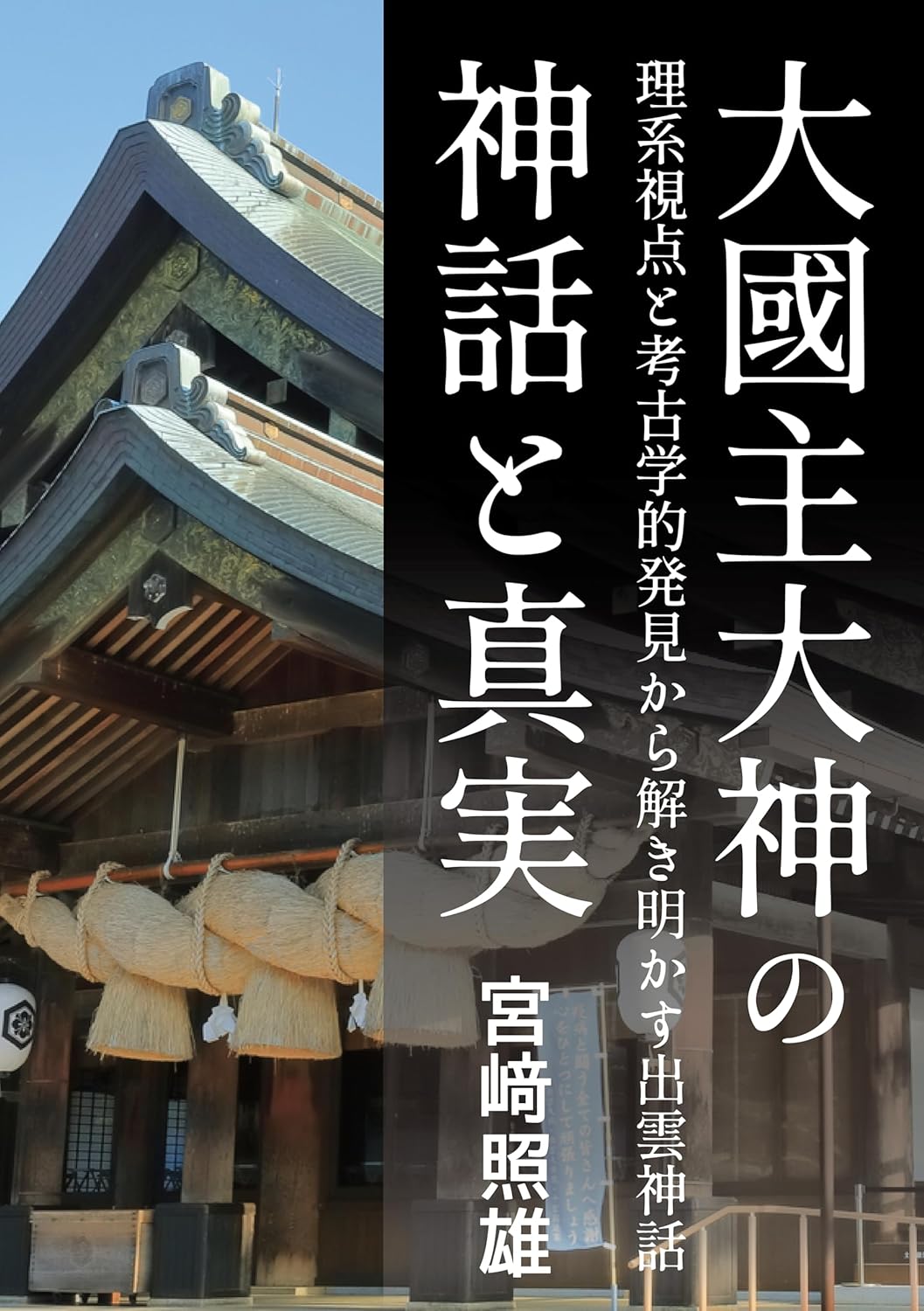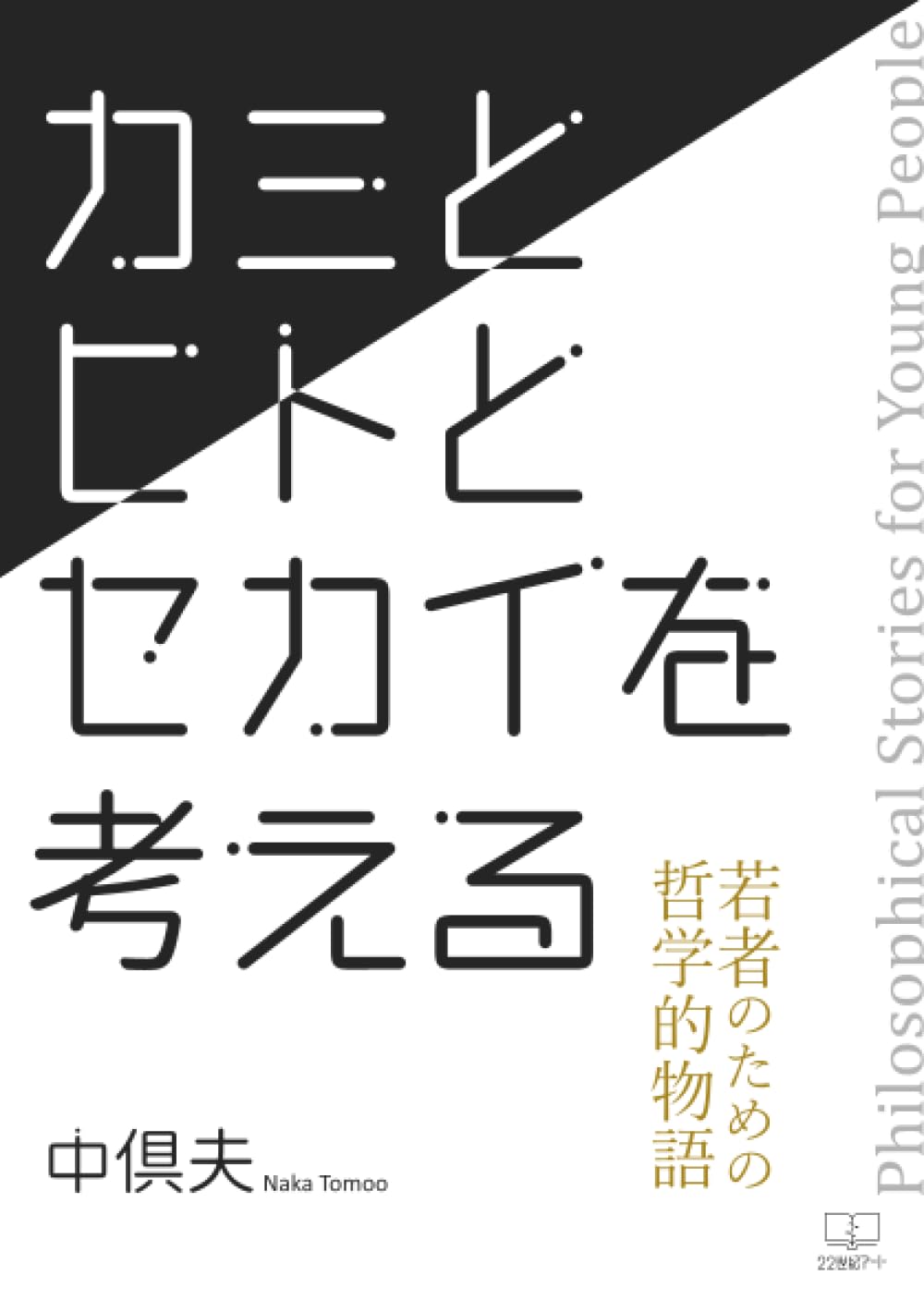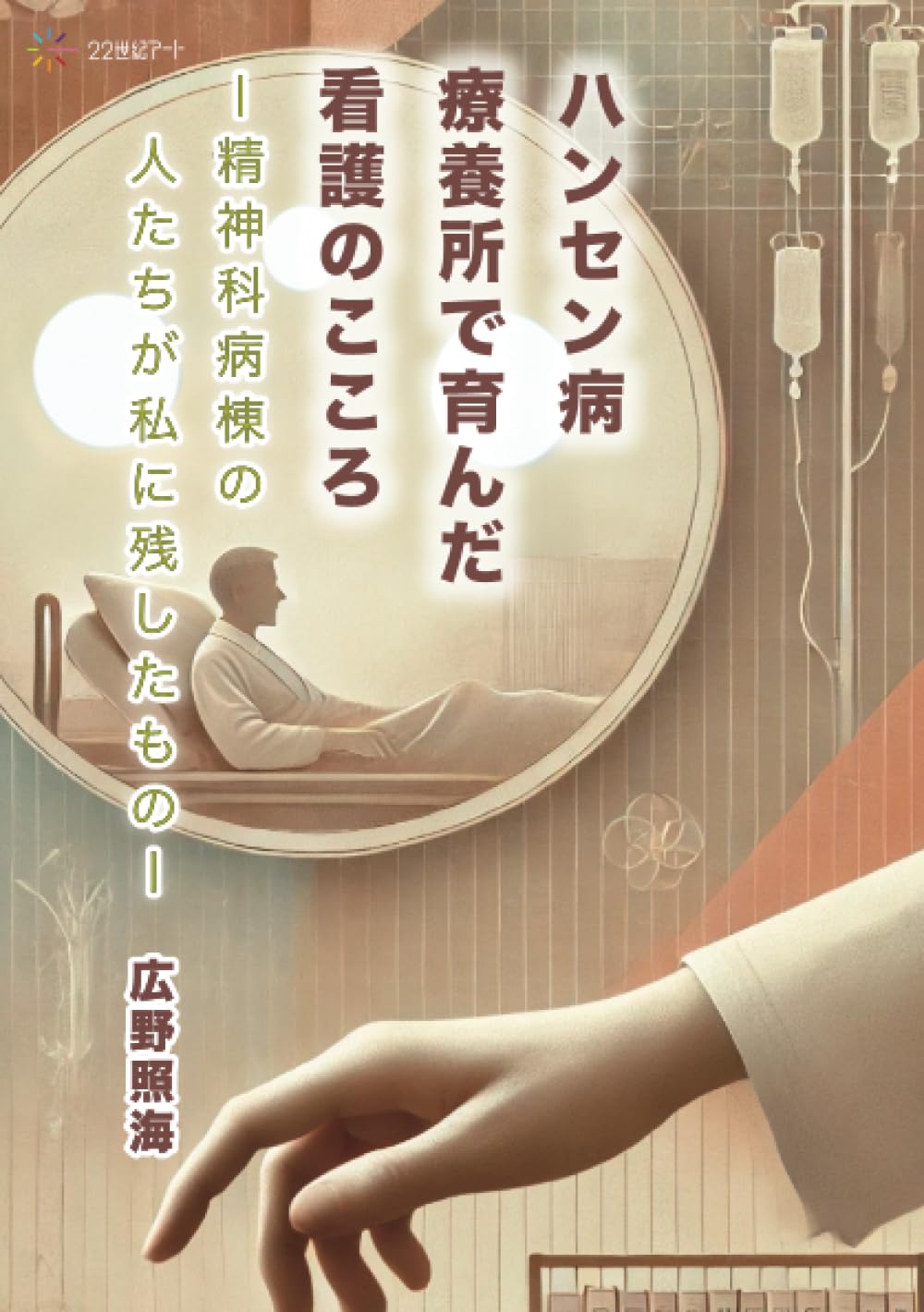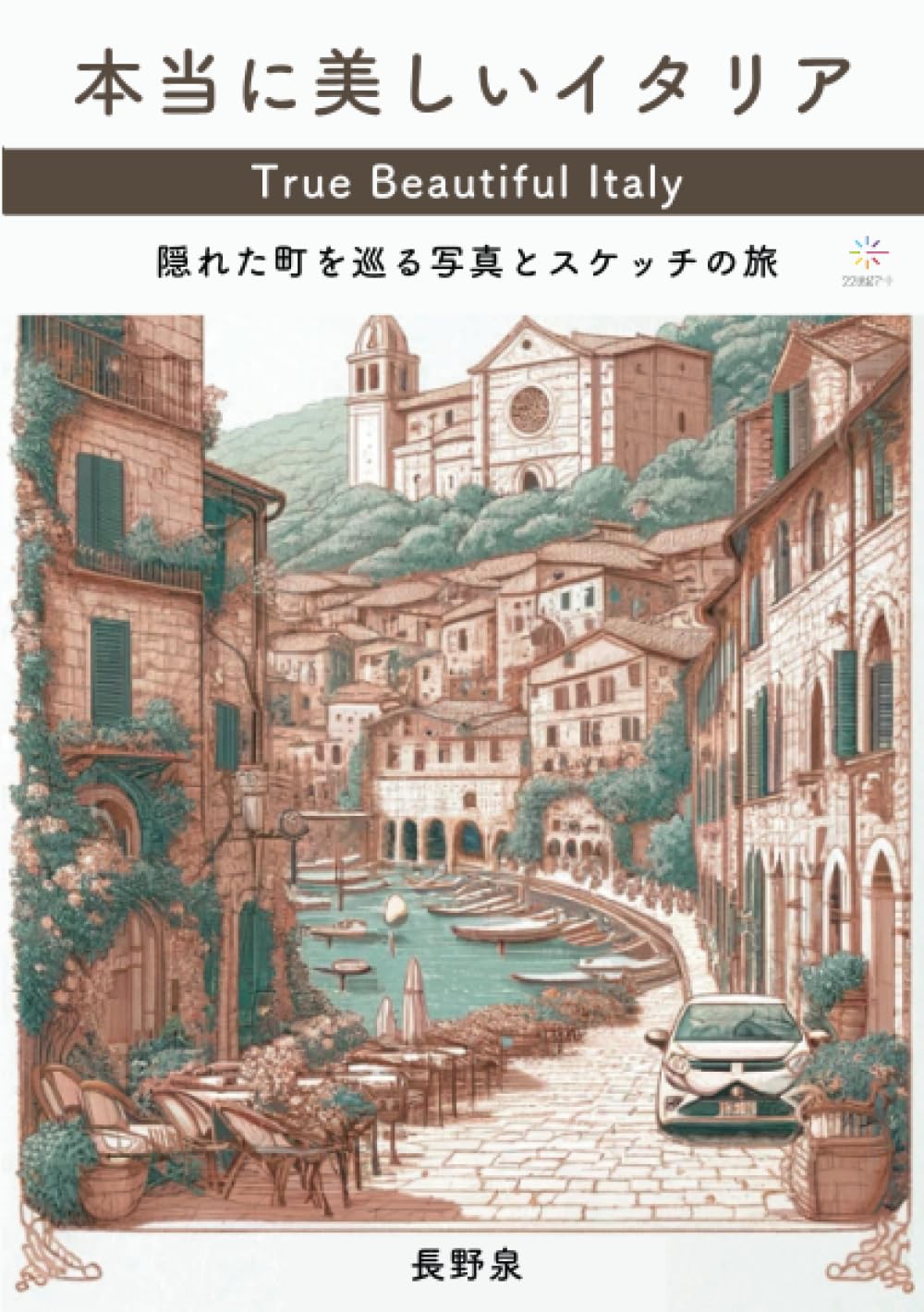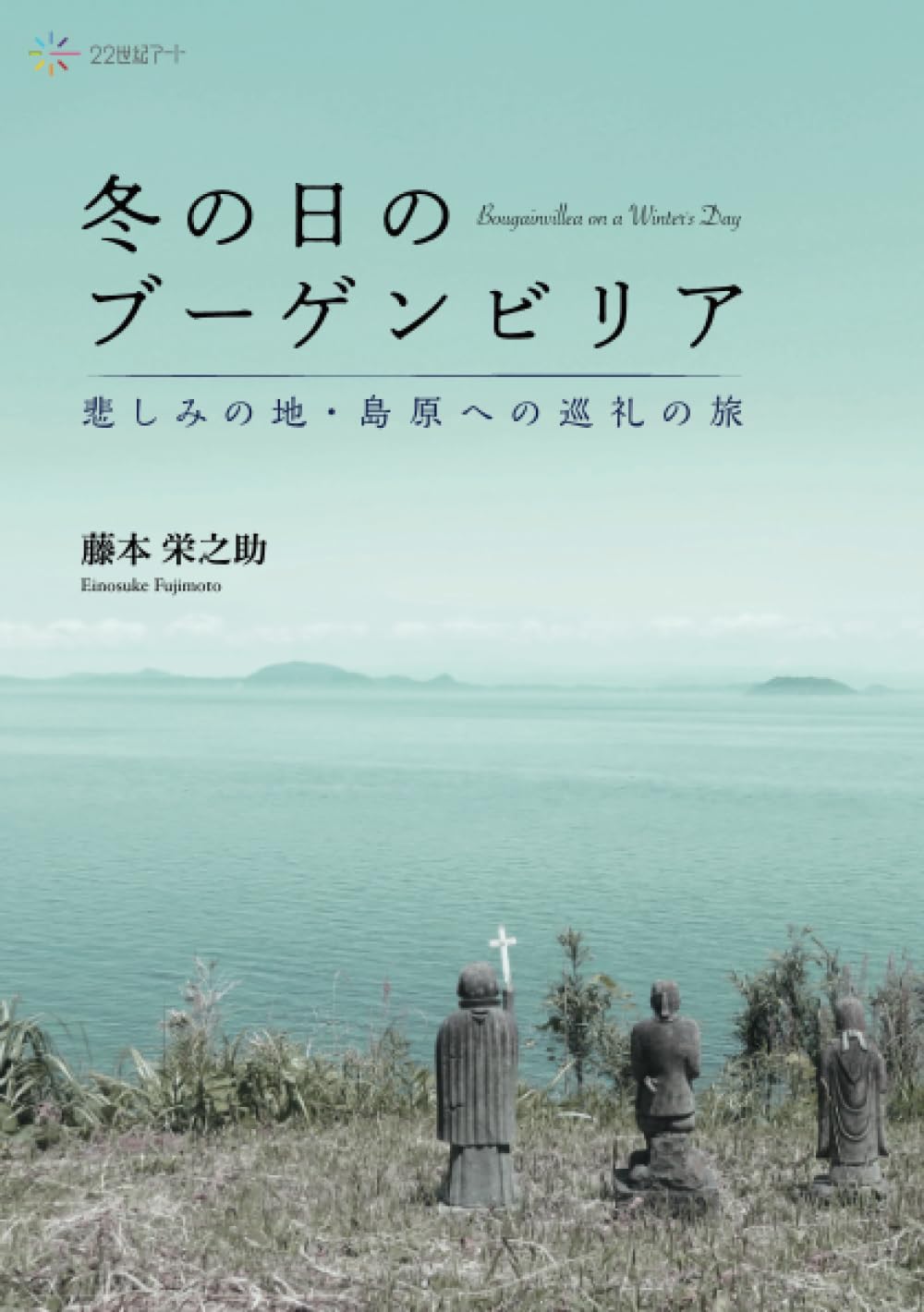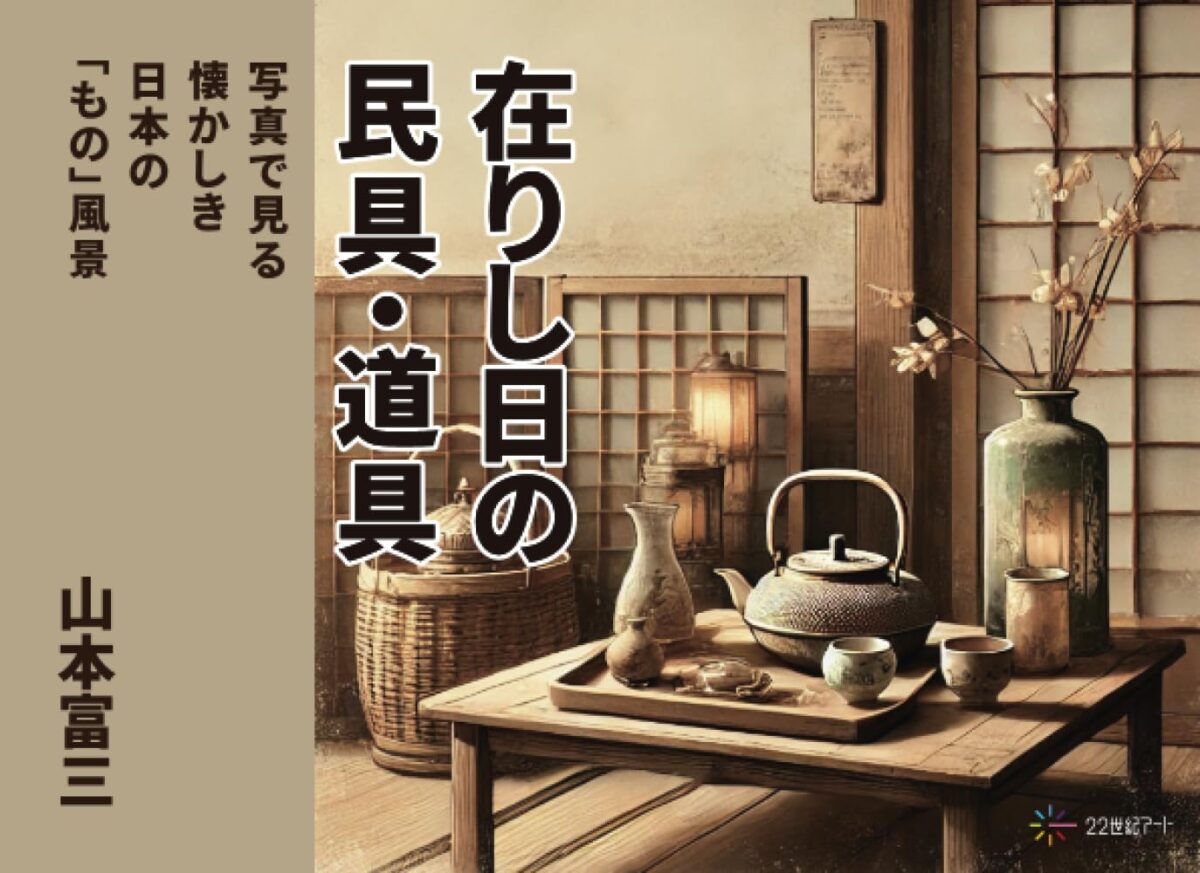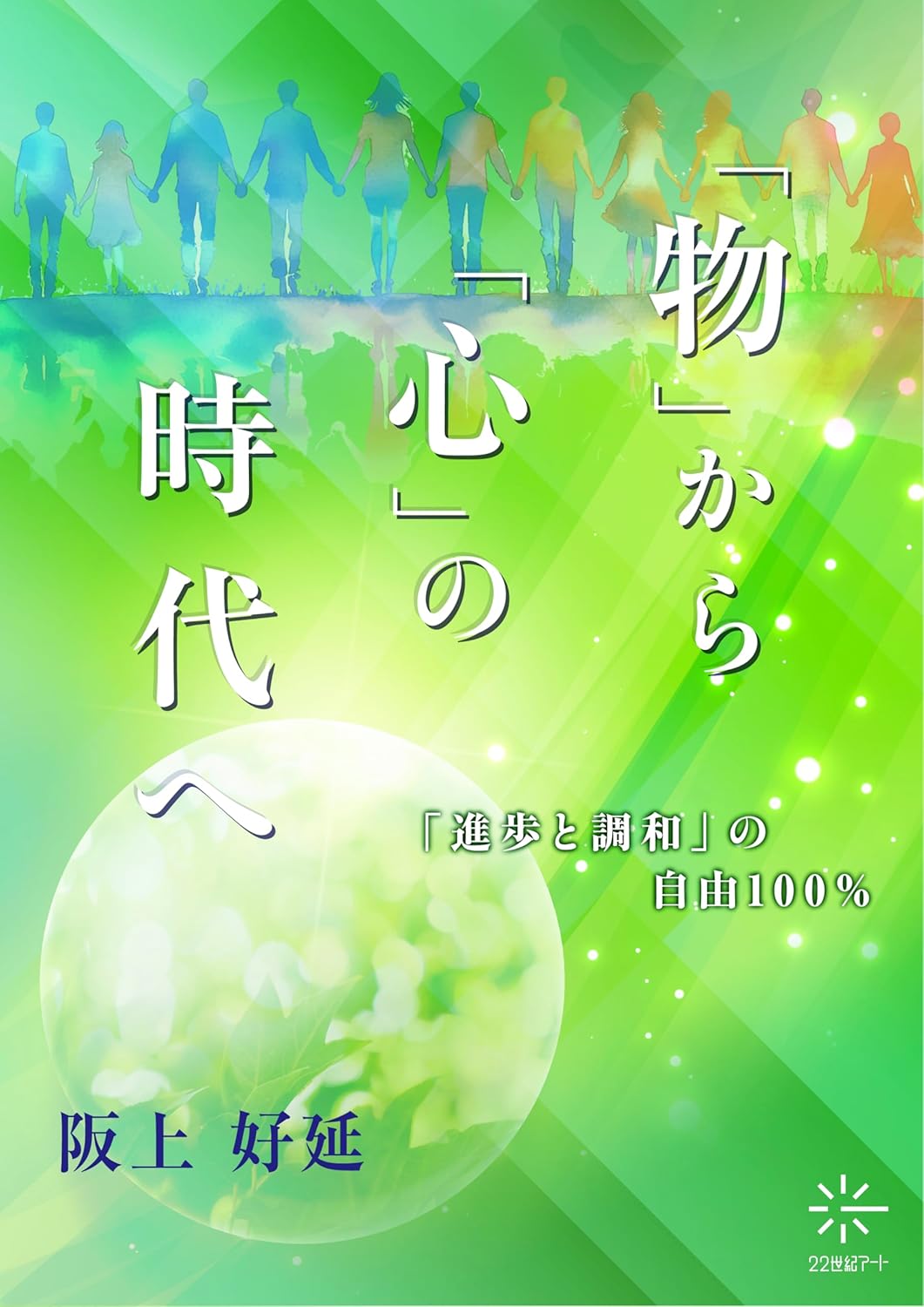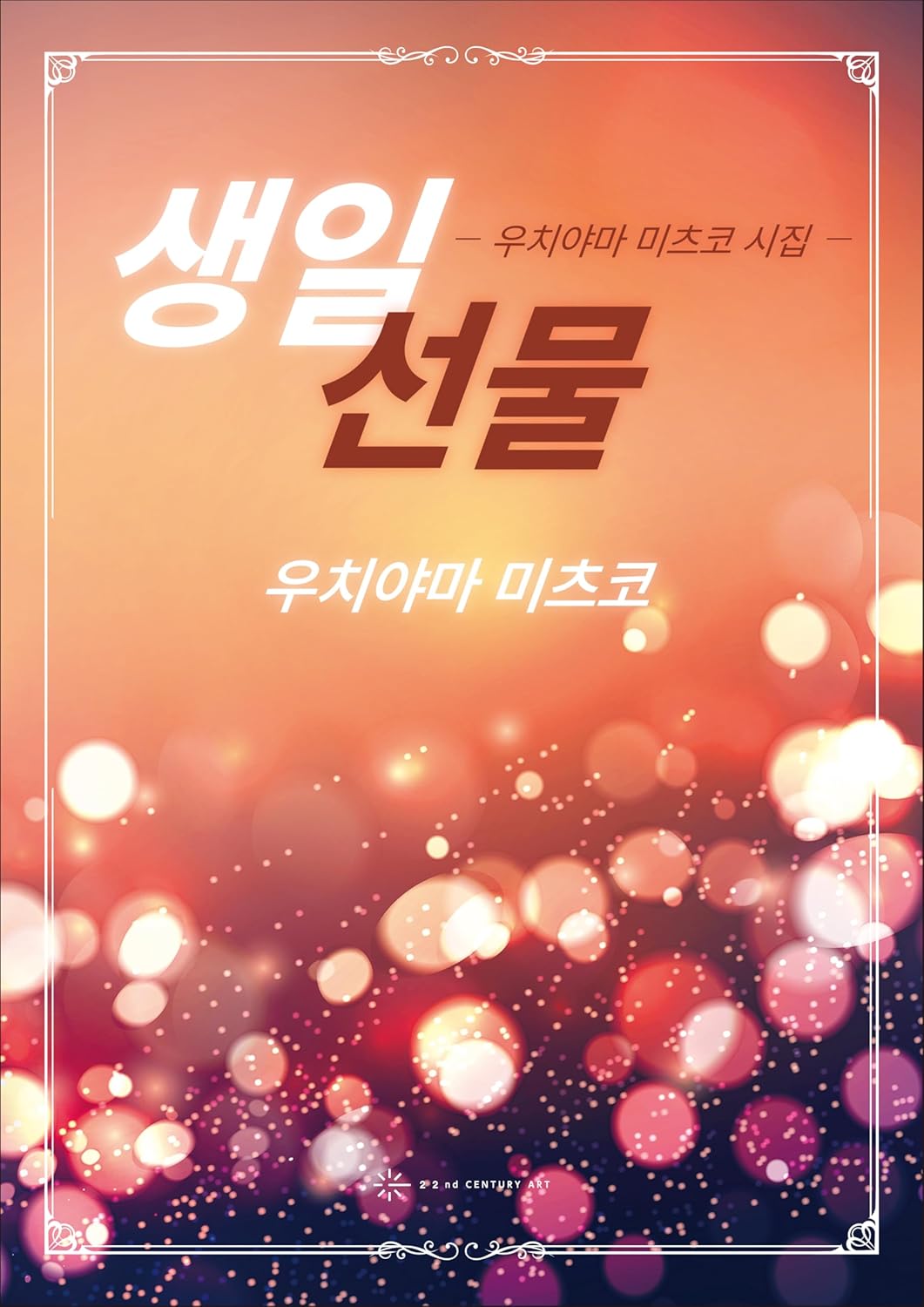
If You Really Want to See Yasujiro Ozu’s Film, Watch Silent Movies: Explore its Charms from the Classic “Tokyo Chorus” and “I Was Born, But...” (English Edition)
(著) 高橋行徳
Amazon作品詳細
[About the product]
-Don't talk about Yasujiro Ozu without watching Ozu's silent films-
Yasujiro Ozu is a film director known for masterpieces such as "Late Spring", "Mugiaki" and "Tokyo Story". However, it is not well known that 34 of the 53 films Ozu made during his lifetime were silent films. This book focuses on two of Ozu's silent films, “Tokyo Chorus” and “I Was Born, But...”, which are highly regarded as masterpieces, and focuses on Ozu, a film director whose postwar masterpieces cannot be enough to talk about. Let's get closer to Yasujiro's charm. A must-read book for Japanese movie fans and movie buffs.
[Contents]
Explanatory note
In lieu of a “Preface”
a. Ozu's Silent Films, which have been Coldly Regarded
b. Differences between the silent period and the mature period
c. "Different from it" Ozu Theory
d. Why did you choose "Tokyo Chorus" (14) and "I Was Born, but…"?
Note
PART I “TOKYO CHORUS”
Chapter1
Chapter2
Chapter3
Chapter4
Chapter5
Chapter6
Chapter7
Chapter8
Chapter9
Chapter10
Chapter11
PART II “I WAS BORN, BUT...: A PICTURE BOOK FOR ADULTS.”
Chapter1
Chapter2
Chapter3
Chapter4
Chapter5
Chapter6
Chapter7
Chapter8
Chapter9
Chapter10
References
Reference Image
Afterword
About the Author
[Comments from the Editor]
There may be no visual expression that is as foolproof as a silent film, which has no color or sound. In this sense, Yasujiro Ozu, the subject of this book, was truly a visual magician who mastered silent film. I would be happy if you could learn about his charm through this book.
[Author Profile]
Yukinori Takahashi
Born in Hyogo Prefecture in 1947. Completed doctoral course at Waseda University Graduate School of Letters in 1977.
She will be teaching at the Department of Cultural Studies at Japan Women's University until March 2016. She is a professor emeritus at Japan Women's University.
Her publications include "Kafka Literature as an Open Form" (Torikagesha), "Reading Kuniko Mukoda's Winter Sports Festival" (Torikagesha), and "Kuniko Mukoda Questioning Gender: Reading “Like Ashura”" (Isoppsha).
Co-translated "Closed Drama, Open Drama" by Volker Klotz (Waseda University Press). Other works include essay on "Iphigenie of Tauris" (Japan Goethe Association President's Award), Kenji Mizoguchi's "Sisters of Gion" - Geishas who rebel against male society ("Asia Yugaku" No. 118), Kuniko Mukoda's "Family fever" notes ( "Eureka" May 2012 issue), "Selected Women's Essay Collection Volume 11 Kuniko Mukoda" Commentary (Bungei Shunju), A Consideration of the Drama "A-Un" ("Kuniko Mukoda Literary Theory" Kuniko Mukoda Research) Edited by Shintensha), etc.
新刊情報

